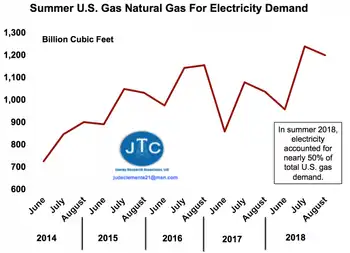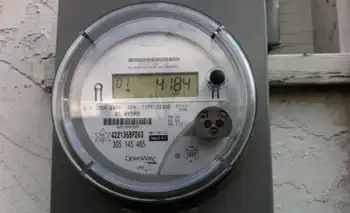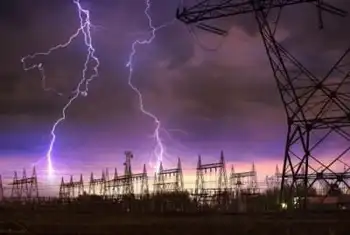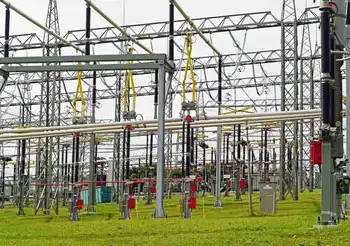Green firms see red over rule changes
By Globe and Mail
NFPA 70e Training - Arc Flash
Our customized live online or in‑person group training can be delivered to your staff at your location.

- Live Online
- 6 hours Instructor-led
- Group Training Available
Mr. Christie said the panel maker began having second thoughts about opening a plant in Ontario after the government announced that it was slashing the rate it will pay for contributions to the grid by 27 per cent for small-scale solar systems mounted on the ground.
The proposed price cut to 58.8 cents a kilowatt hour from 80.2 cents applies to just a tiny segment of the market. But it has rippled beyond homeowners, farmers and small businesses that the microFIT program was designed for, and shaken the confidence of equipment suppliers and investors in the province's nascent green energy sector, industry officials say.
"They've created instability," said Kristopher Stevens, executive director of the Ontario Sustainable Energy Association. "Investors are saying, 'Wow, do I really want to put my money in Ontario when they change the rules whenever they want.'"
The McGuinty government is trying to balance two competing interests a year before the next provincial election. On the one hand, the price reduction has angered many residents of rural Ontario. On the other hand, soaring electricity costs are also poised to become a campaign issue.
"This is about being responsible and fair to everybody," Energy Minister Brad Duguid said in an interview. "We're sensitive to the concerns being expressed, but on behalf of every electricity consumer in the province, we need to make sure that we're being fair to them as well."
The McGuinty government's ambitious Green Energy Act is not just about replacing the province's pollution-spewing, coal-fired plants with cleaner sources of electricity. It's at the centre of the government's industrial job-creation strategy.
But there's a cost attached to cleaner air and new jobs. Producers of solar and wind power receive a fixed price over 20 years for the electricity they sell to the grid, and that is helping to drive up hydro costs. Residential hydro rates are expected to jump $300, or 25 per cent, next year, and another $60 in 2012.
Mr. Duguid said the government is fixing a mistake before it ends up costing electricity consumers in Ontario $1-billion in extra costs. He said the ground-mounted solar program was not sustainable at 80.2 cents, because producers would have earned very generous returns of between 25 and 30 per cent.
A 30-day consultation period with the industry has just ended. The Ontario Power Authority, the government's electricity planning agency, is expected to unveil a final price later this month.
Industry players are upset about the ad hoc nature of the price change, which was announced well before the two-year review period stipulated in the Green Energy Act.
Many landowners and equipment suppliers had begun investing significantly in anticipation of receiving 20-year contracts priced at 80.2 cents a kilowatt hour. Terry Mandzy, a rural landowner in Tweed, midway between Toronto and Ottawa, says he has spent about $90,000 on a solar system. He said the proposed lower rate is "devastating" because his rate of return will plunge to 7.5 per cent from about 13 per cent.
At the other end of the spectrum, Everbrite Solar is in the process of raising $300-million from pension funds to build a solar panel manufacturing plant in Kingston that will create 180 highly skilled jobs. While none of Everbrite's investors have backed out, they do not like uncertainty, said chief financial officer Dave Hardy.
"Every time the province dickers with rules and prices, it sends a message of risk through the financial community," he said in an interview.
Mr. Christie of Cleave Energy is worried that the price drop will deter manufacturers from coming to Ontario. Without enough panel suppliers to meet demand, he said, prices will remain unnecessarily high. Cleave has more than 130 microFIT systems either installed or under contract.
"What it's done," Mr. Christie said, "is create mass confusion in the market."











